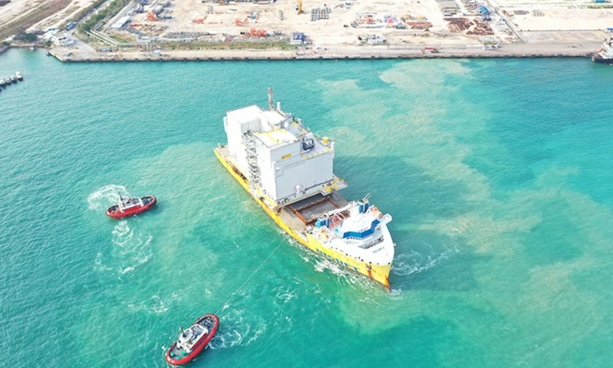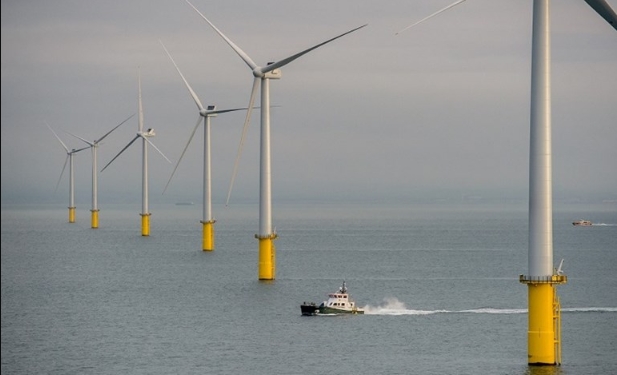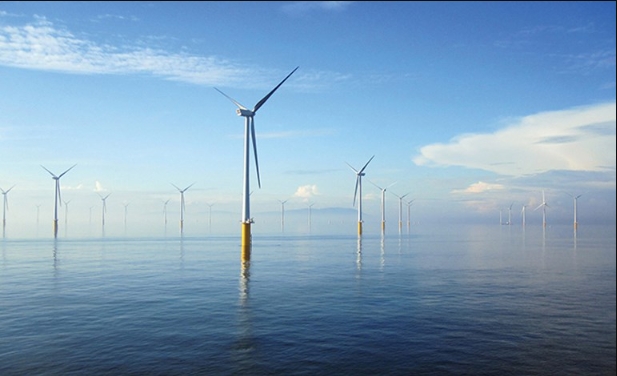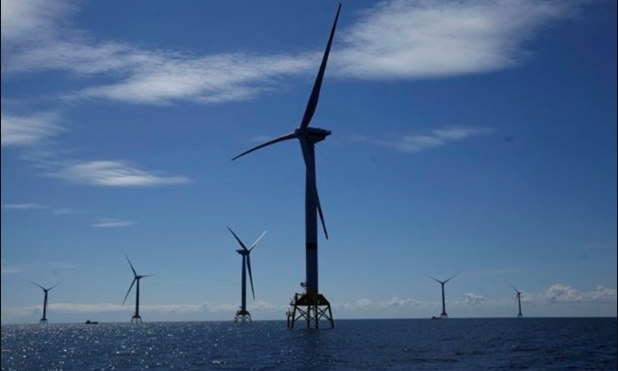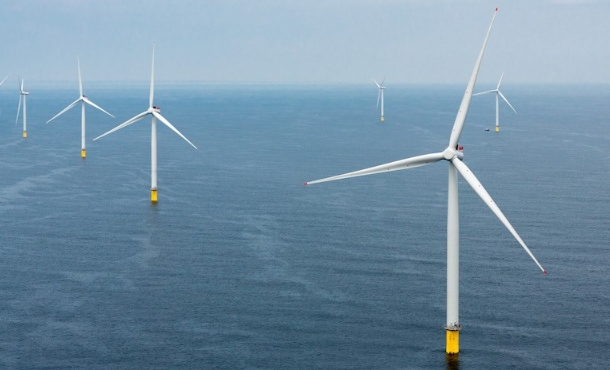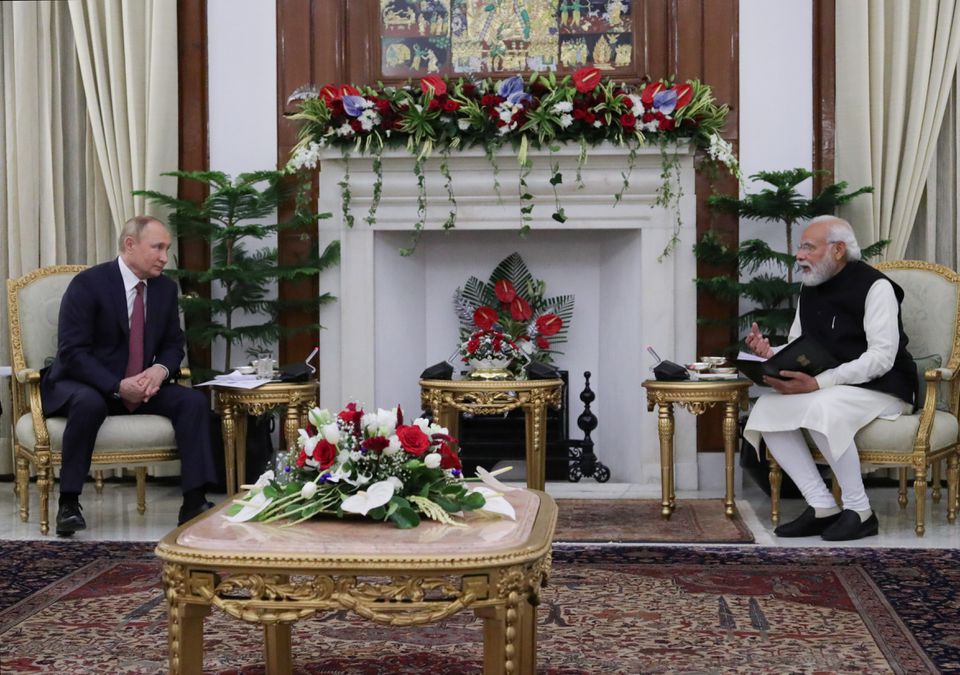
Russia's President Vladimir Putin attends a meeting with India's Prime Minister Narendra Modi in New Delhi, India, December 6, 2021. Sputnik/Mikhail Klimentyev/Kremlin via REUTERS/Files
Can Russia rescue India from the high energy prices caused by Moscow's invasion of Ukraine?
It may seem a bizarre twist of logic, but India appears to be aiming to ramp up imports of Russian crude oil and coal in a bid to lower the impact of sky-rocketing prices, largely caused by Russia's military action in the first place.
Russian energy exporters are offering cargoes at steep discounts, as traditional buyers in Europe and Asia shun Russian commodities in the wake of the Feb. 24 attack on Ukraine.
But India has so far stuck by its longstanding ally, refusing to condemn the invasion, and now New Delhi is looking to lower its crippling import bills by turning to Russian crude and coal.
Coal offers the best immediate substitute for India, given that Russian grades of thermal coal are similar to what India already imports from Australia and South Africa.
There is also an established trade in the polluting fuel, meaning Indian buyers already have relationships with Russian exporters.
But Russia's share of India's coal imports is relatively small, accounting for just 3.4% in 2021, with 5.54 million tonnes out of total imports of 164.8 million, according to data compiled by Refinitiv.
Australia, which ships both thermal and coking coal to India, was India's biggest supplier, with 64.91 million tonnes, followed by Indonesia with 47.42 million and South Africa with 23.01 million.
India would be seeking to replace Australian and South African cargoes with supplies from Russia, given the massive price surge in benchmark prices for these grades since the Feb. 24 invasion of Ukraine.
Australian thermal coal at Newcastle port was assessed by globalCOAL at $336.71 a tonne on Wednesday, and while this is down from recent highs above $400, it's still well above the $226.39 for the week prior to the Russian attack.
Even if prices for Australian and South African coal were to return to levels prior to the invasion of Ukraine, they are still too high for many utilities in India, which would be selling electricity at a loss.
This makes discounted Russian coal all the more attractive to India, but the problem is the logistics of actually paying for and transporting cargoes.
While Russia's energy exports aren't under Western sanctions, banks, insurers and shipping companies have been pulling back from dealing with Russia amid fears of reputational risk as well as the challenges of arranging payments.
India may struggle to secure as much Russian coal as it would want, while at the same time buyers in Europe will be trying to secure more cargoes from South Africa, while some Asian importers, such as Japan and South Korea, may be forced to buy more from Australia to replace Russian supplies.
This risks leaving India in a worse position of being unable to secure all the Russian coal it wants, and at the same time seeing competition increase for cargoes from some of its more usual suppliers.
CRUDE CHALLENGES
India is also likely to seek more Russian crude oil, given the Urals grade is being offered at discounts of more than $30 a barrel to the global benchmark Brent.
Similar to coal, India hasn't been a major buyer of Russian crude, with Refinitiv Oil Research estimating inflows of about 350,000 tonnes a month in 2021, equivalent to around 84,000 barrels per day (bpd), a tiny fraction of the South Asian nation's total of around 4.2 million bpd.
India is planning on boosting purchases from Russia, Reuters reported on March 14, citing Indian government officials.
"Russia is offering oil and other commodities at a heavy discount. We will be happy to take that," one of the officials said.
Exact details still have to be worked out, but in addition to sorting payment and freight logistics, India's refiners will have to plan to process Russian crude, which is likely to have different qualities to the more customary Middle Eastern grades.
Some refinery units may have to be reconfigured to process Russian crudes, and the process of switching grades adds to the challenges of taking more Russian cargoes.
India also has to weigh the benefit of getting discounted crude against the likely negative global publicity of continuing to support Russia, a country widely viewed by Western nations as waging an illegal war in Ukraine.
India's traditional suppliers in the Middle East may also be upset about losing market share in India, although they will most likely be able to sell barrels that would have gone to India to other customers seeking to find alternatives to Russian crude.
Overall, it seems that India will be able to boost its imports of Russian coal and crude, but probably not in sufficient volumes to meaningfully reduce its energy import bill.
